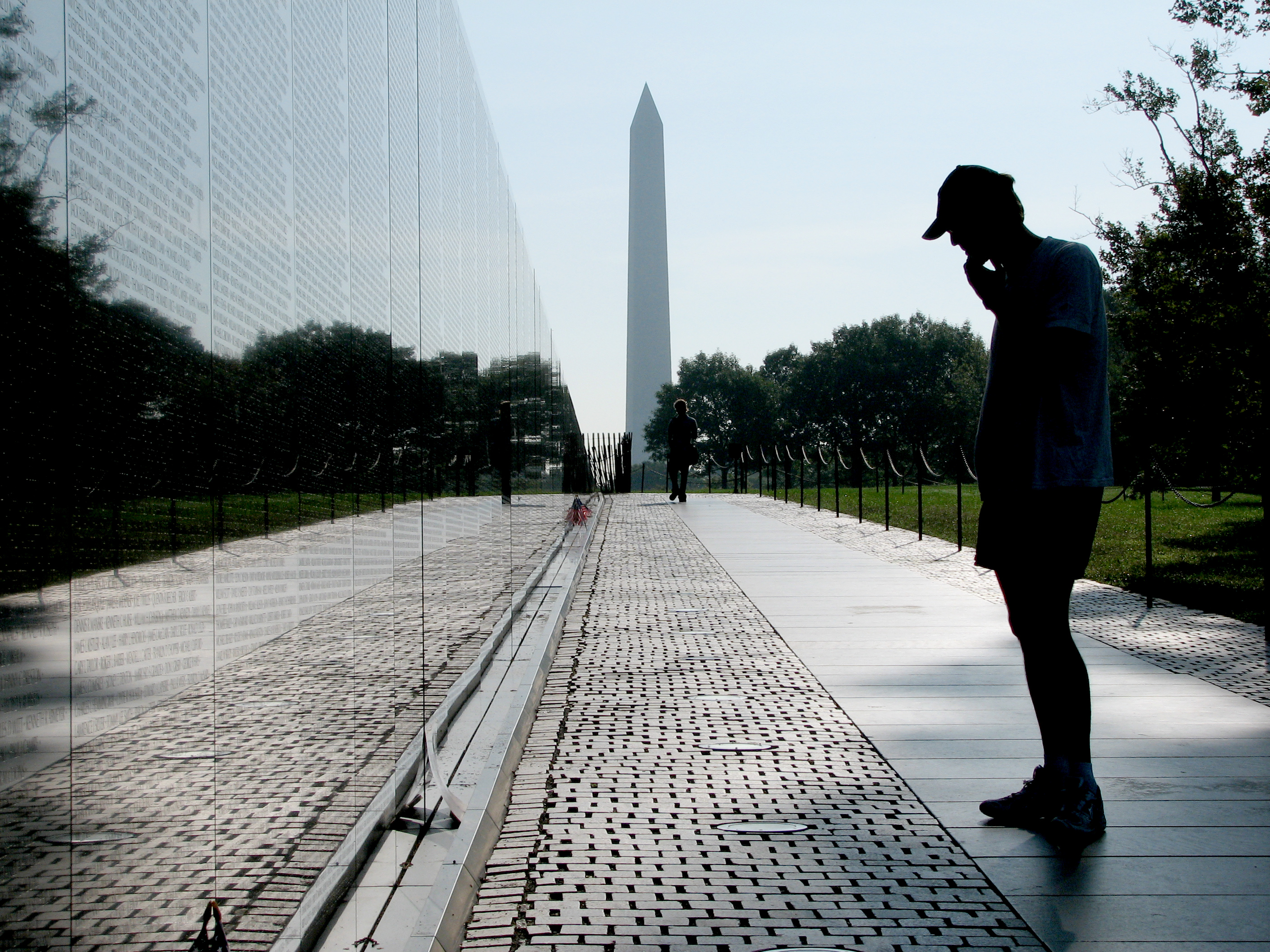On March 29, 2012, President Barack Obama proclaimed Vietnam Veterans Day. Five years later, President Donald Trump officially recognized March 29 as National Vietnam War Veterans Day. In light of this year’s National Vietnam Veterans Day, I propose a new way for us to approach veterans’ issues.
First, some statistics about the Vietnam War: The Vietnam War ended on April 30, 1975 with 58,220 U.S. personnel killed. To put that in perspective, imagine if the entire population of Samford was wiped off the planet, then multiply that by a magnitude of about 1o. Sixty-one percent of men killed were 21 or younger, and 25 percent of total forces and 30.4 percent of combat deaths were draftees. The names of those who died are enshrined on the Vietnam Veterans Memorial built in 1982 and visited by about 3 million people every year.
We were taught to respect U.S. soldiers and veterans, to remember the fallen and give thanks for the sacri- ces they made. This is all well and good when we only have to think about them once or twice a year and build a wall with their names on it.
There are men and women out there who have served and are still serving on our behalf and su er because of it.
We may believe that we should help out those returning from war, and it is a well-known fact that our veterans’ services are severely understaffed and underfunded, with many veterans unable to access basic medical care or nd employment.
About 300,000 were injured and 75,000 severely disabled as a result of the war. Seventy-six percent of men sent to Vietnam were from lower-middle and working-class families.
According the U.S. Department of housing and Urban Development, there are approximately 39,000 veterans homeless on a given night. Another 1.4 million are considered at risk for homelessness. According to the U.S. Department of Veterans A airs, the majority of homeless veterans are single, live in urban areas, and su er from mental illness and alcohol/substance abuse.
More specifically, 51 percent have disabilities, 50 percent have a serious mental illness, 70 percent have substance abuse problems, and 50 percent are 51 or older.
Our culture puts so much emphasis on remembering those who died in war that we forget to care about those still living. Although we celebrate Memorial Day for those who died and Veterans Day for those who are living, news outlets annually release articles reminding viewers of the di erence between the two. And who really views those days as anything other than opportunities to get out of work or school?
On this Vietnam Veterans Day, let us remember those who are still living, as the holiday intends. Let us remind ourselves that there are veterans out there who are largely ignored by the general population. Let us decide that they deserve, at the very least, to be treated with the same reverence and care we give their fallen comrades.
Will Featherston, Columnist
[photo courtesy of Creative Commons]





